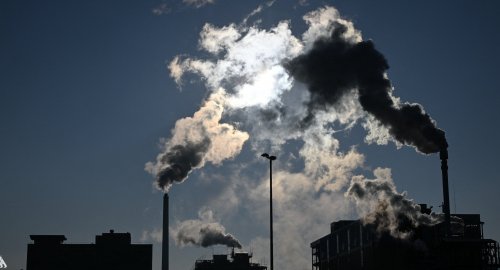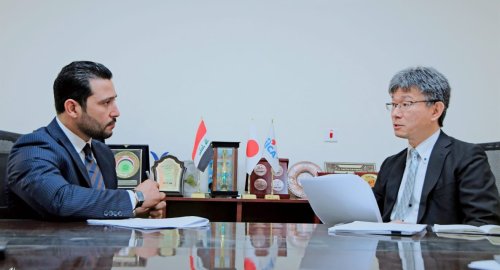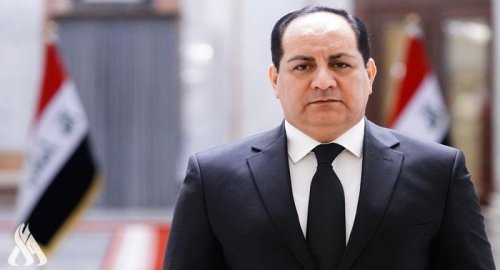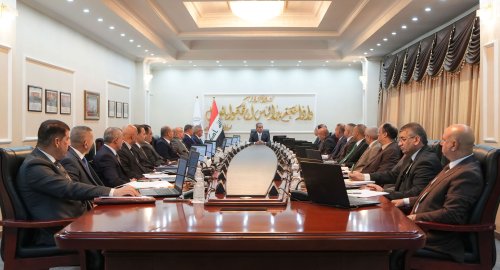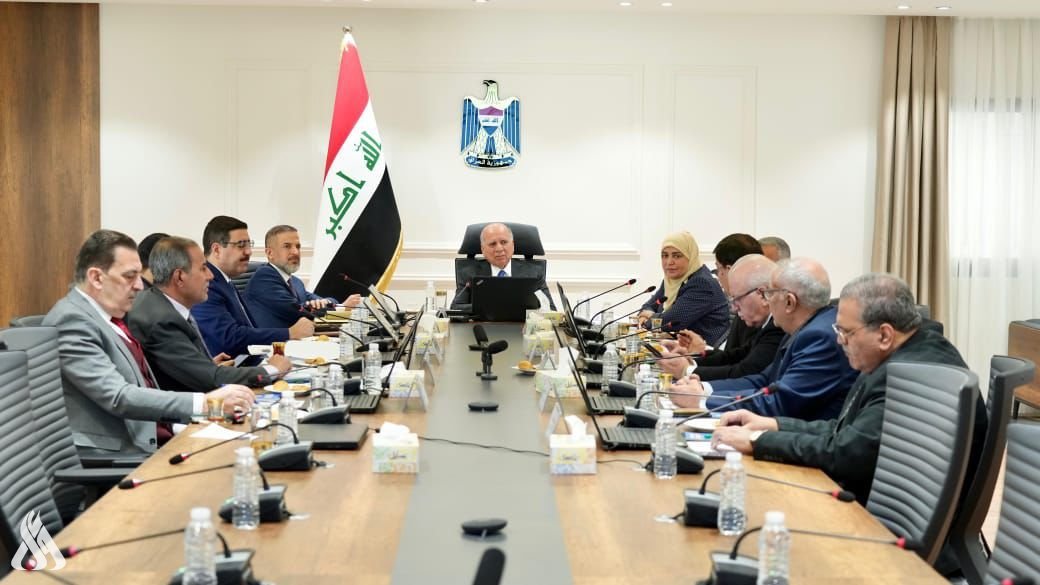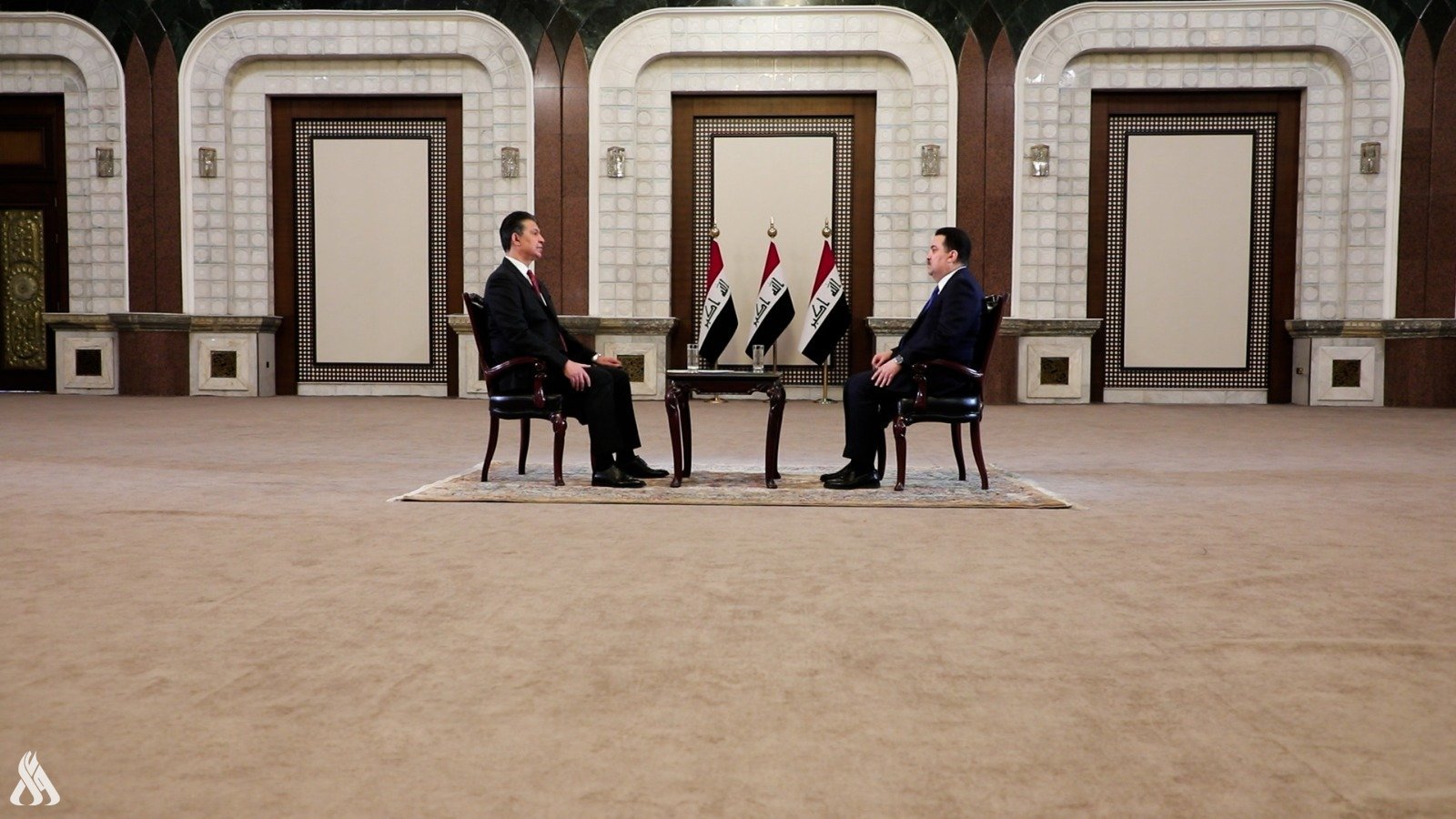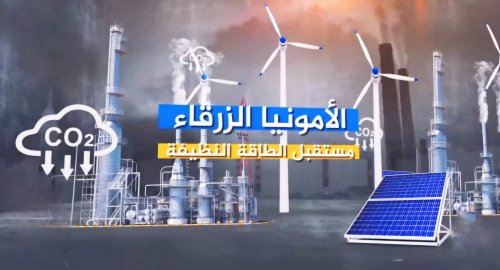
Soon, Iraq will have its first blue ammonia plant

- 22-08-2024, 15:32
Baghdad - INA
The National Investment Commission announced today, Thursday, a move to grant a special license to establish the first blue ammonia production plant in Iraq, while indicating that the project is strategic and environmentally friendly.
Hanan Jassim, the official spokesperson for the National Investment Commission, said in a statement to the Iraqi News Agency (INA): "The Commission is preparing to complete the requirements for granting an investment license for establishing the first blue ammonia production plant in Basra Governorate after obtaining the approval of the Ministry of Oil to provide the amount of gas necessary to operate the project and a number of other sectoral entities."
She explained that “this project is one of the most important strategic projects that reduce carbon emissions into the atmosphere, making it environmentally friendly, as it works to replace traditional ammonia with renewable blue ammonia, thus contributing to isolating the emitted carbon dioxide and storing it, then converting the carbon into commercially viable products,” noting that “blue ammonia consists of nitrogen and blue hydrogen derived from natural gas raw materials, which places it among the alternative fuel options in the world.”
Regarding the uses of blue ammonia as a low-carbon fuel, Jassim added, “Producing renewable energy and generating electricity are the most prominent uses, in addition to its entry into various industries such as iron, fertilizers, cement, and as fuel for vehicle engines, fuel for marine vessels, and gas turbines for power generators.”
She added, "The Arab region is witnessing strong competition in the production of low-carbon ammonia in line with global efforts to reduce harmful emissions and continue the leading role of the region's countries in the global energy market by expanding the increase in green investments."
She pointed out that "low-carbon ammonia (blue and green) represents one of the most prominent solutions for the world to achieve carbon neutrality by 2050, in addition to its use in many sectors such as agricultural fertilizers, metal industries, detergents, pesticides, medical preparations, etc., which places it among the effective strategic projects that drive the labour market in the governorate."
Russia foils assassination attempts on defense officials
- International
- 01:22
US Central Command: We killed ISIS terrorist leader Abu Yusuf in Syria
- International
- 24/12/20
Liverpool compete with Real Madrid to sign Olympique Lyonnais star
- Security
- 24/12/19
7 ISIS elements arrested in Kirkuk
- Security
- 24/12/20
